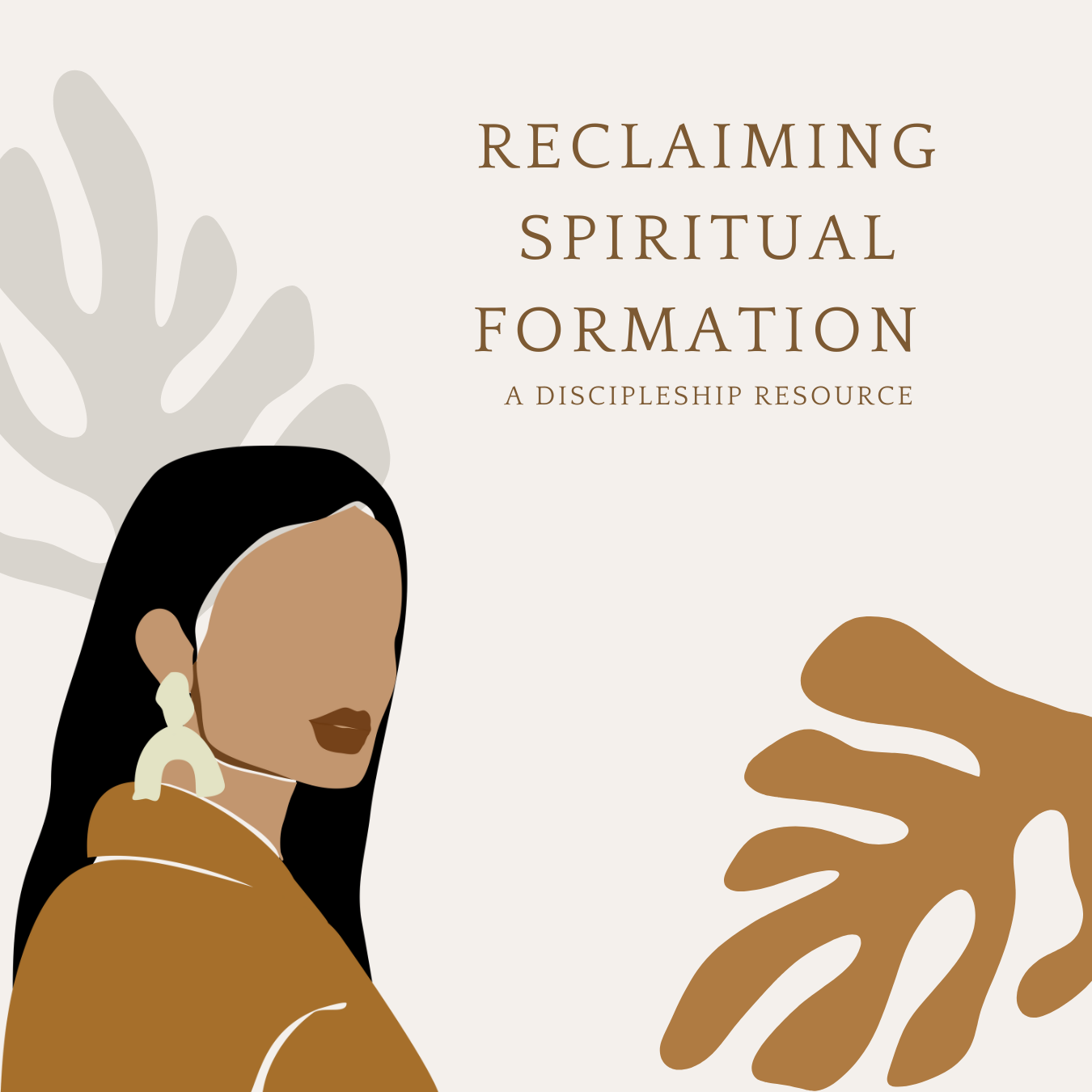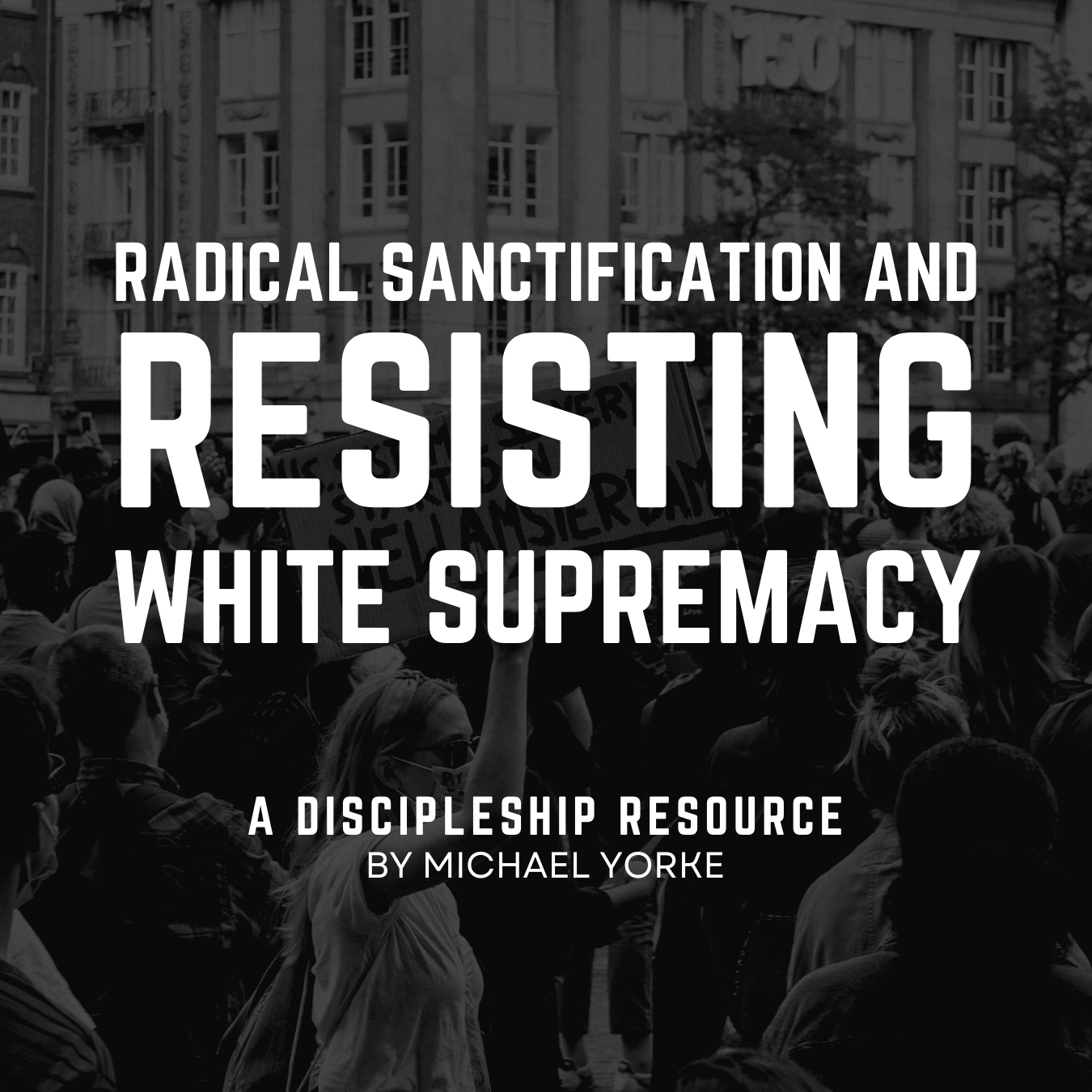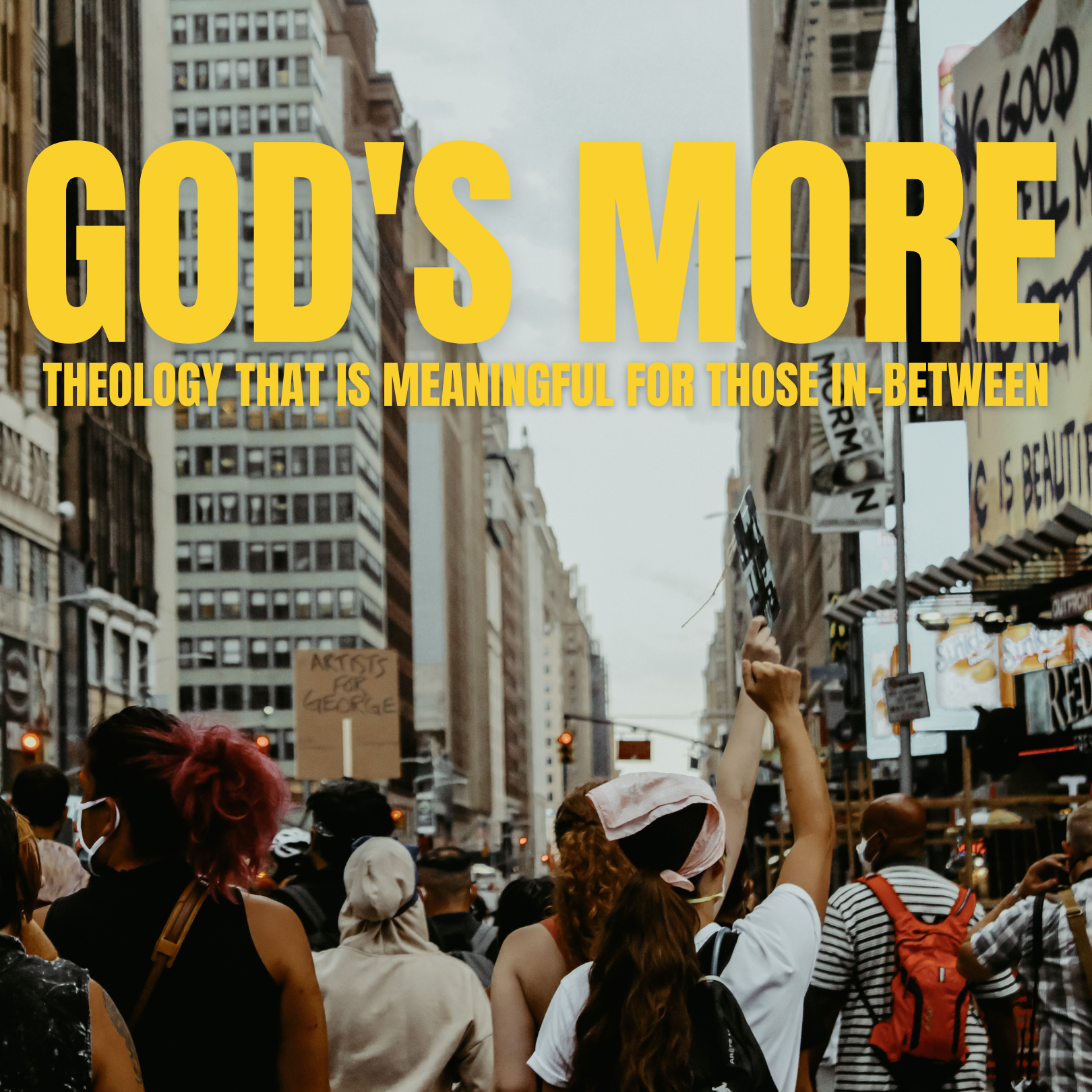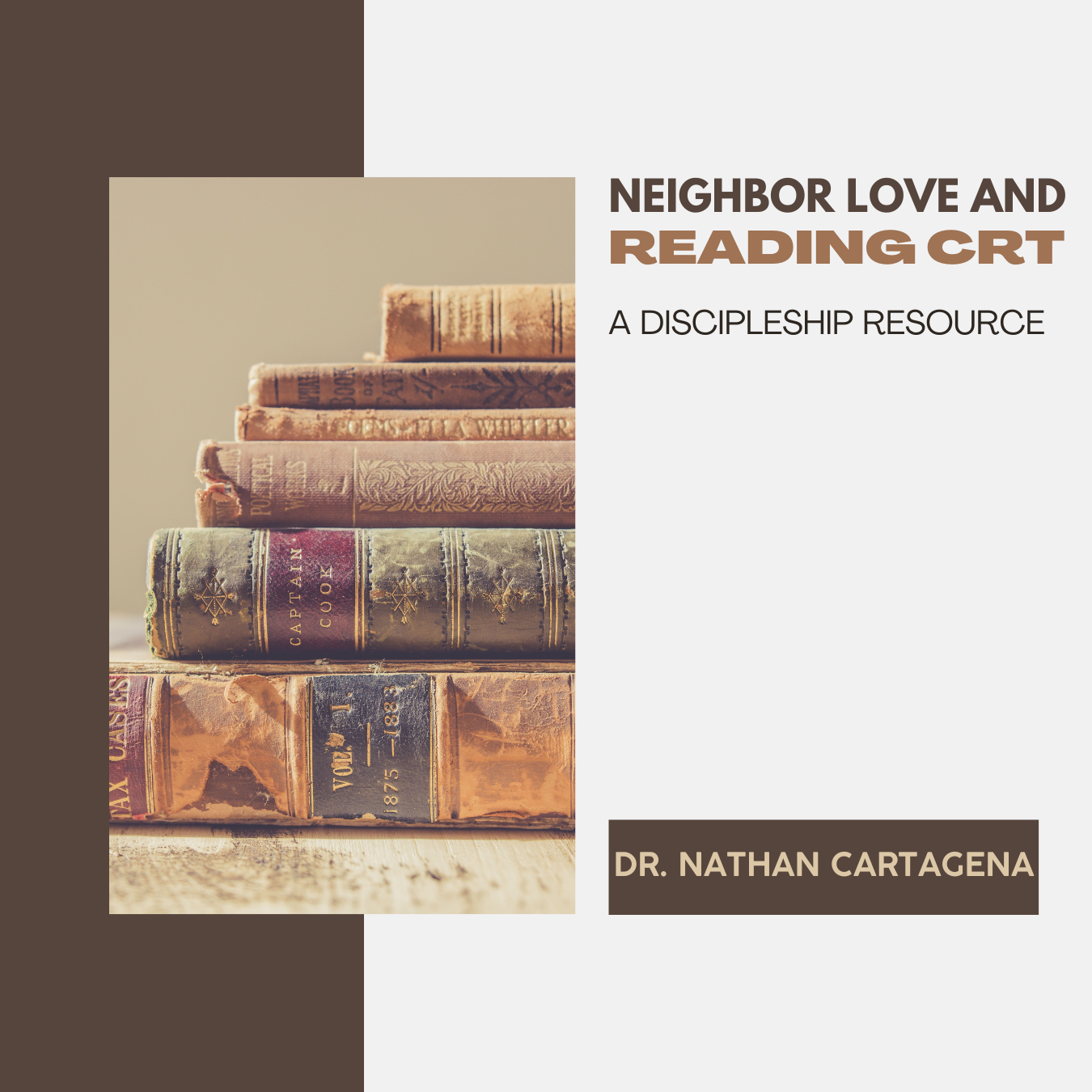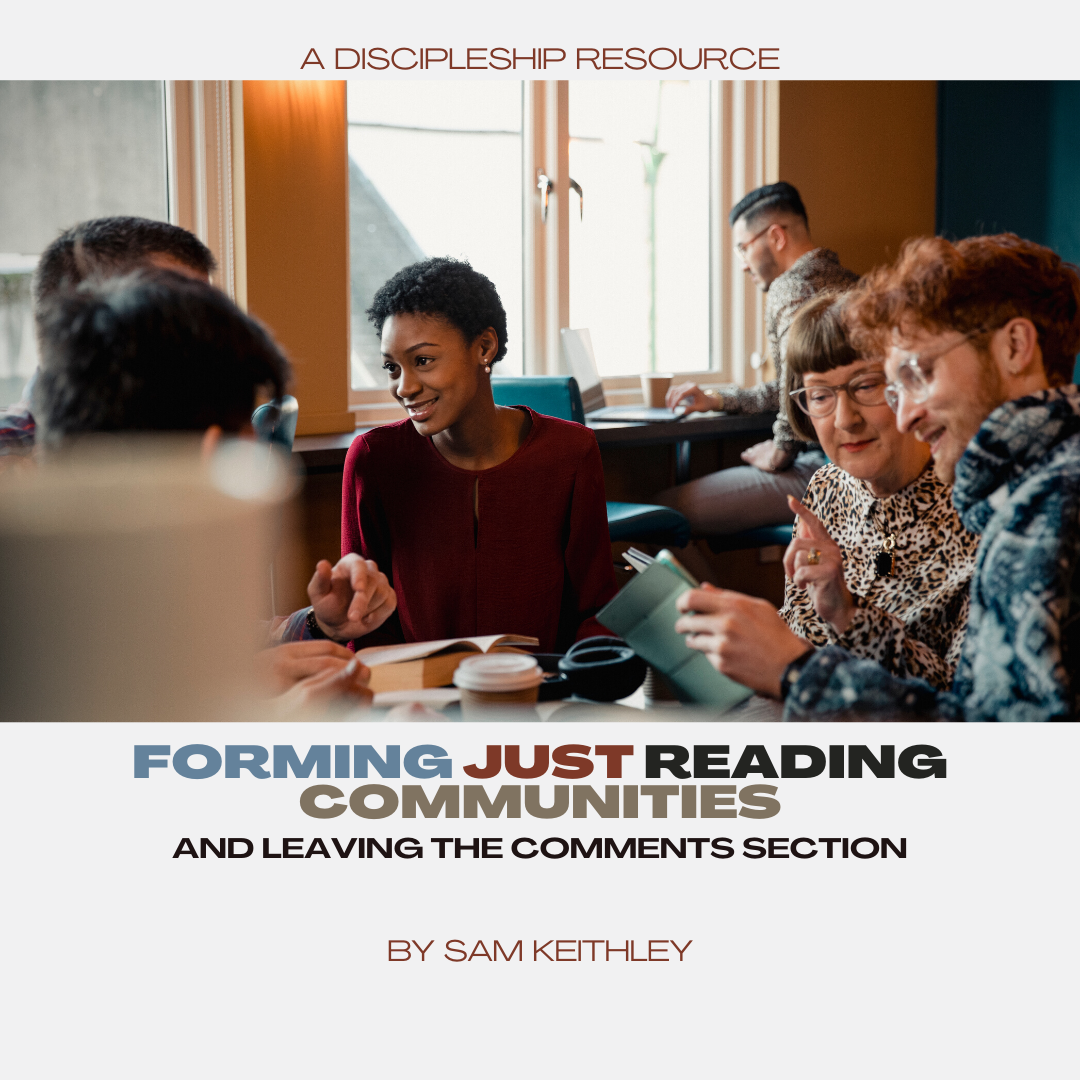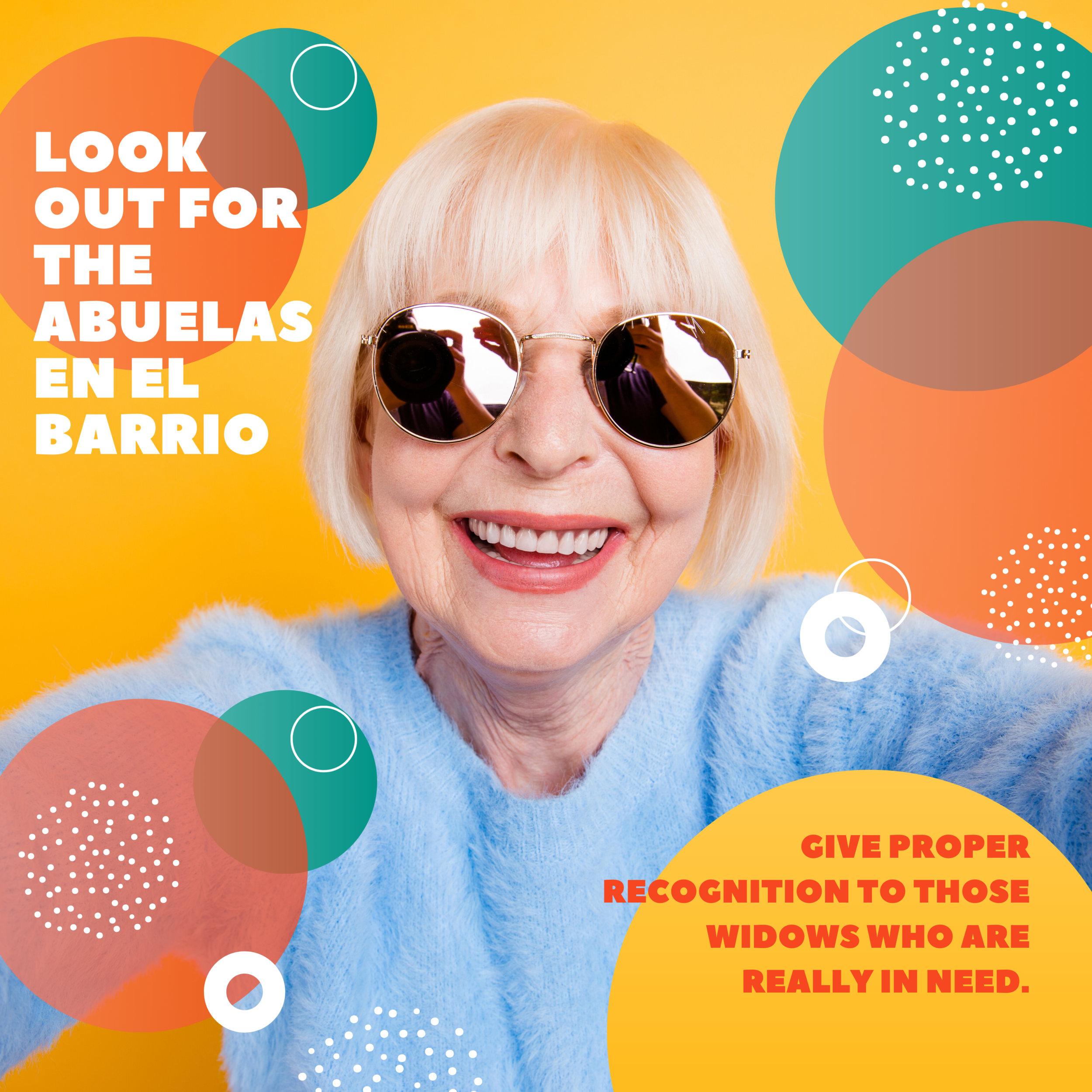This article is from the forthcoming Moody Center magazine, set to publish spring 2022. To learn more about the magazine and Moody Center, subscribe to their newsletter.
Whether we realize it or not, we all exist at the intersections of differing realities. For me, I exist as a Second-generation American-Filipinx, heteronormative female, and this is hardly an exhaustive picture of who I am and what constitutes who I am becoming. All the elements of who I am, come together in my body in a way that reminds me that I straddle various realities always at once. I am Mestiza. The same is true of several bodies today. With the rise of globalization, the internet, and other sweeping factors that are beyond any singular person’s control, we all find ourselves straddling the lines of various realities, a world of mestizaje, not by race or by blood, but by history and by experience. Many of us hold this mestizaje in our bodies, and while mestizaje by blood might manifest itself by the mixed color of skin, that which we inherit by history and experience is far more subtle, but nonetheless significant.
As a Filipina woman growing up in America, I was made ignorant to my people’s subjugation first by the Spanish and then by the US. Especially since the history I was learning was disseminated by our conquerors. However, even despite such ignorance, there still existed in my body a trauma for which I could not account. I moved about my space as though it didn’t belong to me, and no affirmation of inclusion could quell the voice that whispered: “You don’t belong.” It wasn’t just the lack of brown faces in the crowd that taught me this, nor was it solely the micro-aggressions I suffered at the hands of well-intended people—although these did not help. No, that voice came from something deeper; something like my very DNA (the stuff that made me me) seemed to communicate this. My body didn’t fit the world it was born into, or at least the world it was born into did not make space to fit my body.
As it turns out, trauma can be passed down from generation to generation. Recent psychological advancements have found that trauma can intricately affect the DNA of future generations. Thus, the particulars of my mestizaje brings with it not just difficulties in the present, but traumas of the past as well. As an Asian American woman, I am affected by the centuries of sexualizing the “exoticized” Asian female body. As a Filipina, I am impacted by the lifetimes of colonization. The older I get, the more I believe the historic trauma of subjugation, violent misogyny and racism affect my very body. They accumulate and bear what at times feels like actual weight on my body. I feel it in my shoulders. It is hard to form a person spiritually, when the body feels burdened physically. I was in need of a spiritual formation that involved and included my body.
For this reason, as a member of the church, I often find myself asking: What does spiritual formation look like when it includes my body? This question is now a key lens for how I listen to a sermon, take spiritual direction, and participate in church community. I would argue that this was a key lens for me, even before I could articulate it. Whether we realize it or not, since we are products of a violent history, we will eventually seek out a spiritual formation that heals all of who we are.
Being that we are mestizas in our own respective ways, a good question to ask is what does it look like to involve the reality of our mestizaje in our ministries? Most assume spiritual formation is an individual’s concern, and they treat it as a task of personal work that must be done by each Christian. However, I would caution the minister from absolving herself from responsibility for the spiritual formation of her community. In my personal experience, I would not know to look into my communities shared traumatic history, had it not been for visiting preachers of various backgrounds, considering book recommendations from mentors, and penetrating questions from my friends. My spiritual formation was and is complemented by thoughtful ministers.
In this way, I implore ministers to be aware of the possibility of their role in a mestiza’s spiritual formation, and in the same meticulous way she brings thought to her exegesis and hermeneutics, space can be made to explore the wide range of spirituality and spiritual teaching that exists in the greater body of Christ. The church is in need of a communal consciousness that recognizes its reality as a mixed people. Who better to awaken this consciousness than the ministers who provide our spiritual guidance? For this reason, ministers must begin to engage deeply the diverse breath of scholarship and voices that exist on the topics of race, gender and diversity (to name a few). Engaging this diversity within a ministry might begin to spark the curiosity of her congregants and begin the important work of discovering the intersections of their reality.
Moreover, learning to ask the right questions also aids in holistic spiritual formation. How do we invite this sort of inquiry into our ministries? Where in your body do you hold trauma? Where do you hold pain? What parts of your given reality do you feel like the pain stems from? These are good questions to begin asking yourself, and as you become more acquainted with your own histories you will learn better the questions that help encounter fellow mestizas. We begin the work of learning what the right questions are by letting ourselves be self-critical, knowing that we have probably asked many of the wrong questions. The right questions begin in introspective humility.
These are simply starting points to reclaiming spiritual formation for the mestiza body, and it cannot end here. If it is true that we hold our given realities in our bodies, then it must be true that any spiritual formation must include the body. What does this look like in the church setting? If we are to be honest about who belongs in our church, then our pulpits and stage must reflect this. The body as it presents itself looks to what’s similar to follow and to belong. If there are congregants in your seats that cannot find anyone on the stage that even remotely resembles themselves or their journeys, they might be hard-pressed to feel like they belong. The voice that has followed me my whole life might haunt many of your congregants as well. Perhaps it is time to invite other voices and other faces to the pulpit to preach, to read scripture, and to share. Reclaiming spiritual formation for the mestizo Body must include the whole of the Church Body.
As you look to the ways of introducing the intersecting realities of your congregations and ministries, know that you are not alone. Your particular body cannot be all things to all people at all times. There are limitations that our bodies put on us. It is good, then, that our Body extends beyond our singular selves. It is thus a question not just of our own humility but also our spiritual agility. There is a whole cloud of witnesses, mestizo people, whom we can learn from and lean on and invite. There is no time like the present to begin this important work.
I still remember the first time I encountered a minister who looked like me. It was pivotal, not just because I could then perceive myself in ministry, but because I knew there was someone in ministry who might understand and see in some part my particular experience of mestizaje. For the first time my Filipina American body could rest in the belief that I belonged. This began a journey of spiritual formation that sought to grasp all of who I am as crucial to the Body of Christ. For this reason, I am convinced that the invitation of another and of someone different is how we begin to reclaim spiritual formation for the mestizo Body.
About Jelyn Leyva
A Second-generation Filipina born in Tampa, FL, Jelyn Leyva graduated Moody Bible Institute in Chicago on May 2017 with a Bachelor’s degree in Women in Ministry and an Interdisciplinary in Theology. She is currently in Los Angeles, CA pursuing an MDiv at Fuller Theological Seminary with her emphasis in Christian Ethics. Having lived in various places in the US, Jelyn’s interest lie in the complex history and multi-ethnic life of the Protestant Church in the US. Her hope is to serve this church and its many colors with the consideration of traditional and contemporary theological scholarship.
Articles like this one are made possible by the support of readers like you. Donate today and help us continue to produce resources for the mestizo church.

